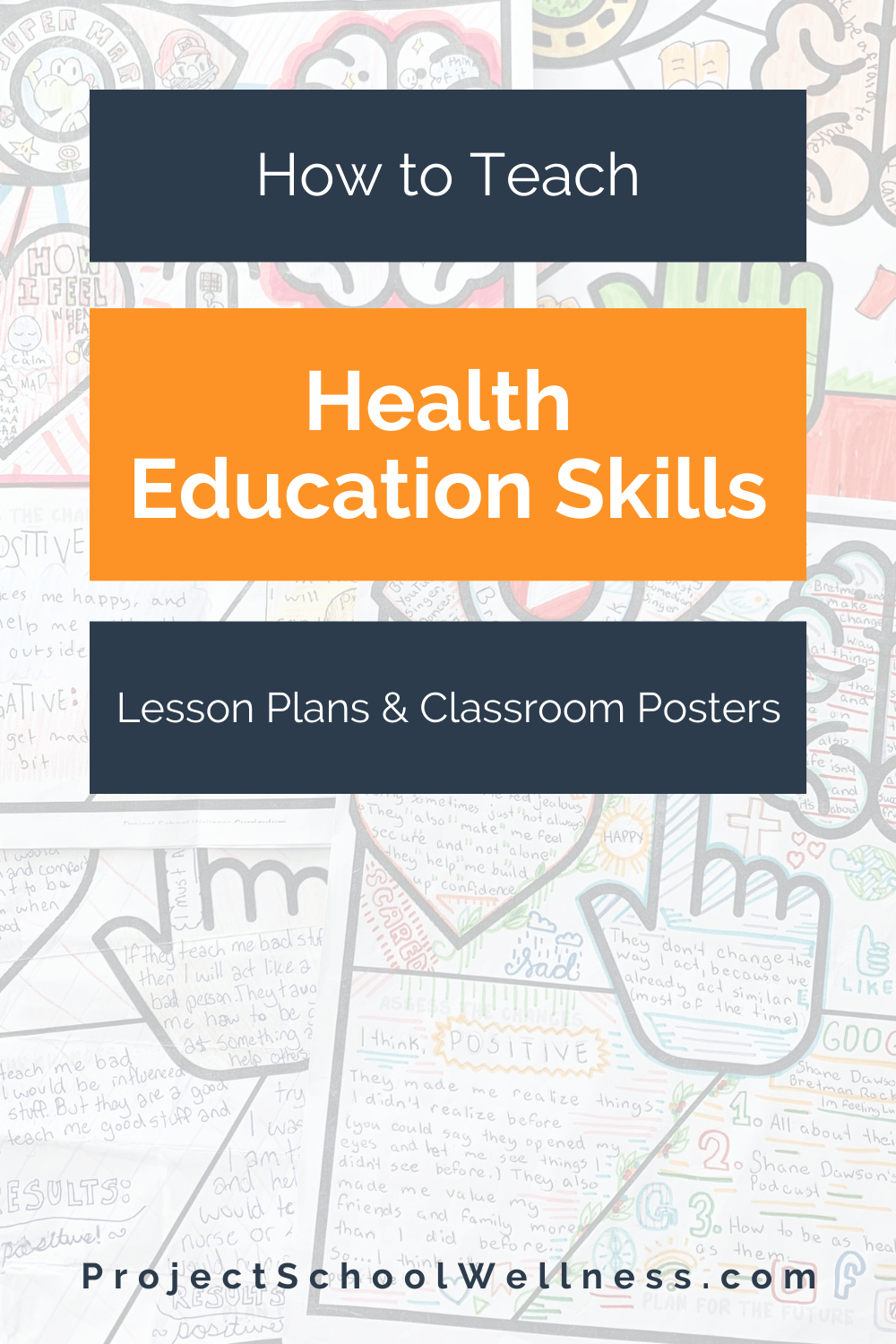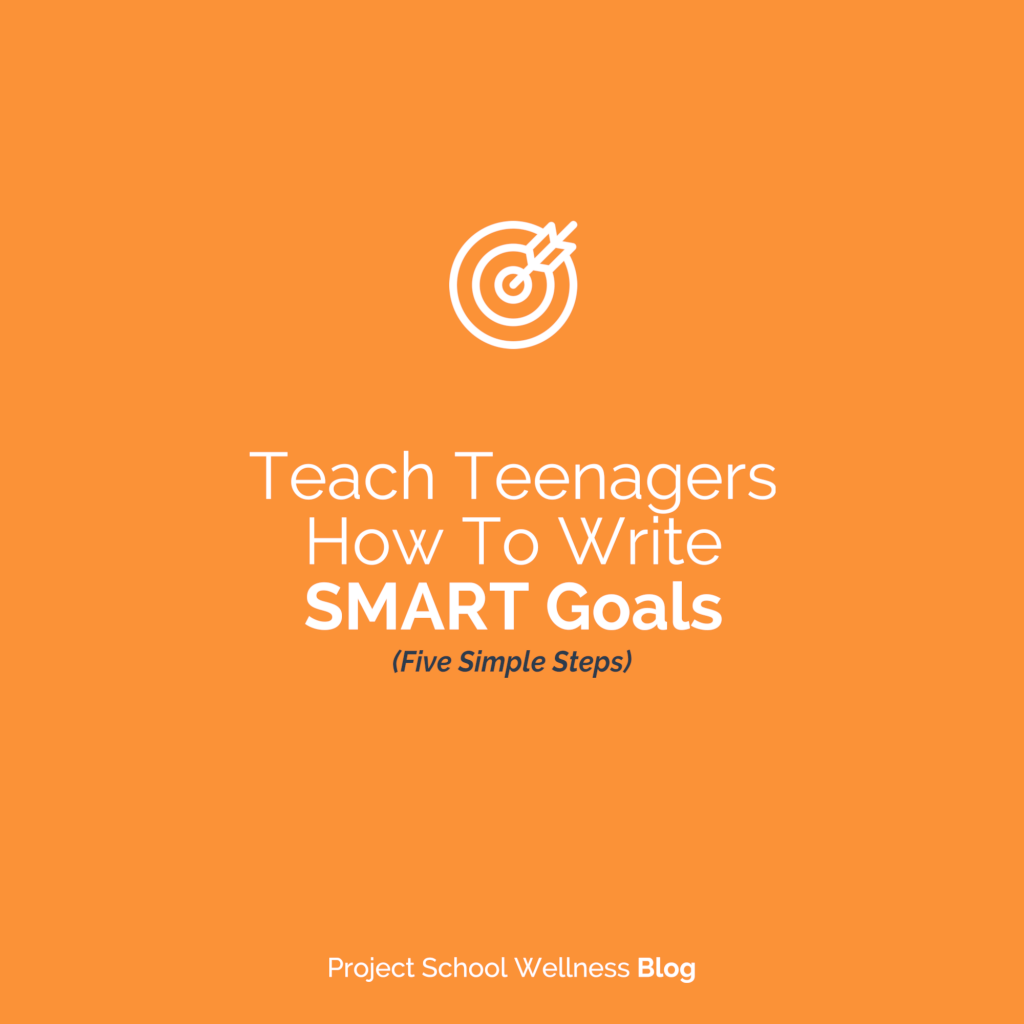What is Skills-Based Health Education?
Health Education for the 21st Century!
Skills-Based Health: The Real Deal or Just Another Buzzword?
While not a new concept, in the last few years the term skills-based health education has taken over the health education world. It’s all over health teacher Facebook groups, a popular topic at health conventions, and being blogged about in health teacher communities (including here!). And like with all buzzwords, some teachers are left a little weary, wondering if it’s the real deal or just another hyped up educational movement.
Well, let me tell you, it’s the real deal! And if we, as health teachers, have any hope in actually transforming student behavior and empowering them to live healthy lives, skills-based health education is the key. Why? Because knowledge alone isn’t enough to change behavior.
Case in point - I know I shouldn’t eat a big bowl of ice cream at 10 pm, just before bed. But…it still happens. I know I shouldn’t be on my phone, scrolling through social media, while I’m “trying to go to bed.” But...it still happens. I know I should clean the house instead of binge-watching TV” But...you guessed it, it still happens.
So if knowledge isn’t enough to alter the way students live their lives, we need to examine what will and focus on those objectives.

Defining Skills-Based Health
Technically speaking, it’s defined as “A planned, sequential, comprehensive, and relevant curriculum that is implemented through participatory methods in order to help students develop skills, attitudes, and functional knowledge needed to lead health-enhancing lives (Benes & Alperin).”
I like to simplify it a little by stating it as “A health education framework focused on mastering vital health skills and understanding essential health concepts.”
Simply put it’s an approach to teaching health that prioritizes teaching relevant and practical health skills over memorizing and reciting content. It focuses on developing the actual skills needed to live healthy lives.
Content vs. Skills-Based Health
To better understand skills-based health, it’s helpful to examine the difference between a content-based approach and a skills-based framework. Review the table to compare the two:
| Content-Based | Skills-Based |
|---|---|
| Acquire Knowledge | Acquire Skill |
| Mastery of health-related Information | Mastery of ability to perform health skills |
| Confidence in knowing what it means to live healthy lives | Confidence in their ability to live healthy lives |
Examples:
| Examples:
|
But What About Knowledge Acquisition?
Now I know what you might be thinking, skills are great and important and of course, students need to know how to do them BUT what about knowledge acquisition. Unfortunately, a common misconception about skills-based health is that there is no room for knowledge acquisition and that your classroom should be fully focused on the skills. Well, let me bust this myth! Knowledge acquisition is still a critical component of a skills-based curriculum.
However, the difference in a skills-based classroom is that we are only focusing on the essential information a student needs to know to execute a health skill. The technical term for this information is functional knowledge - it’s the need-to-know-information.
I want to take a second to note that all of the health information from the activity is important. Most information is important but not essential. And ideally, students would learn and remember all of it. But the reality is that having health knowledge and memorizing facts does not always, or I would even argue often translate to healthy behaviors. That’s why it’s so vitally important that we intentionally choose to teach only the essential knowledge and devote our energy to teaching health skills.
Alright, we’ve chatted about what skills-based health is and why it’s important. Now let’s talk about the how.
Free Skills-Based Health Workshop
But Is it worth the hassle?
Let’s be real, transitioning to a skills-based approach takes time and energy. So it’s normal to ask if it’s worth the hassle.
And to that question, I say, yes. It is definitely worth the hassle of transforming your health education program. And here are five reasons why:
- Most effective use of time - We don’t have much time with our students, so we need to use what we have wisely. Any information we want or need is a simple Google search away. So when getting information is not difficult, we really need to focus not on transmitting information but on teaching what Google cannot - teaching skills like how to collaborate, take responsibility and make healthy decisions, think critically and solve problems, and how to set goals.
- Meaningful impact on well-being - When we focus on skills, we actually enhance our students’ ability to live healthily. Empowering them to take ownership and control of their health and happiness.
- Engaged students, engaged teachers - By focusing on relevant topics and addressing skills students recognize they need in their life now, our classes become meaningful, impactful learning environments that engage students. And then it’s just simple math - Engaged students = engaged teachers - When our students care and we know our work is making a difference, we are inspired and encouraged to bring our best. Making our job more fun and worth all the time and energy.
- Adaptable to students’ needs - A skill-based approach is highly flexible and can be adapted to any relevant health issue your students are dealing with!
- Simplified assessment - No longer do we have a long list of content-based learning objectives that we have to make sure students are memorizing - now assessment is all about mastery of the skill and asking a few simple questions - is the student able to use the skill in real life and do they understand the few pieces of functional knowledge needed to do this skill
Okay, now let’s really get to the how.
The Structure of a Skills-Based Unit
There isn’t just one way to structure a skills-based unit. And this is a great opportunity for you to get creative. But I’d hate to spend all this time talking about this teaching approach without giving you a tangible guide. So here’s the lesson progression that I use (and be sure to check out our free workshop for more info):
-
- Lesson One: Introduce the Skill
- Lesson Two: The Skill in Real Life
- Lesson Three: A Step-by-Step Guide of the Skill
- Lesson Four-Six: Build Functional Knowledge and Practice the Skill
- Lesson Seven: Summative Skill Project
- Lesson Eight: Share, Assess, and Reflect
Again, this is just the approach I’ve used but there truly isn’t only one way to design a successful SBHE unit. This is what’s worked for me and you’re welcome to replicate it!
If you want a more in-depth guide on how to design and structure a skills-based unit, check out our free workshop. Psst...the workshop also comes with free lesson plans and a lesson planning template!
Tips & Resources for Skills-Based Health Education
Whoa! That was a loooooot of information. And before I sign off I just have a few more things to share...
Tips for Teaching Skills-Based Health Education
1. Involved students in the planning process by asking them for insight on the health topics that matter most to them. Figure out what issues matter most to them through conversations, surveys, journal entries, public health data, etc.
2. Thoughtfully combine health skills and health topics to mimic real-life situations.
3. Integrate your students' favorite Social Media, apps, general media content, and other things your students are obsessed with your lesson planning. For example, can use things like popular apps and Social Media as mediums for projects. While using general media content for analysis and examples of health skills (both positive and negative).
4. Be incredibly intentional with every aspect of the lesson, try to connect all learning activities to the goal of building students' confidence in skill development and understanding of functional knowledge.
5. Give students simple cues so they can remember how to perform the health skills as they go through life. Better yet, after presenting them with a step-by-step process, give them the freedom to personalize the cues to fit their needs (while still keeping the core aspects intact). This could be adjusting the phrasing, making the steps more practical, or creating their own acronym.
Resources for Teaching Skills-Based Health Education
- Workshop:
- Facebook Group:
Free Skills-Based Health Education Workshop
Get instant access to our free "How to Teach Skills-Based Health" workshop. Earn free CE hours and download free advocacy lesson plans!
Hello. I'm Janelle!
A middle school health teacher turned curriculum developer (and #WAHM). I'm on a mission to share the easiest-to-teach, most impactful health lesson plans on the Internet. Because your time and energy is better spent on teaching and connecting, not on planning and prep.





